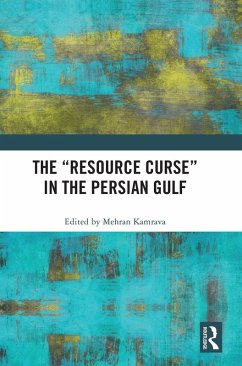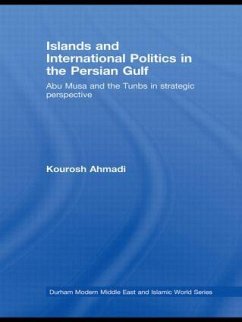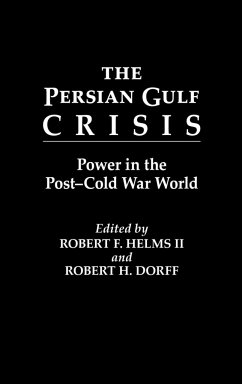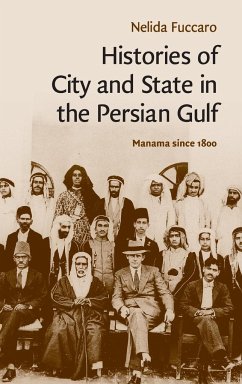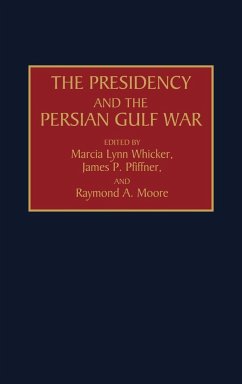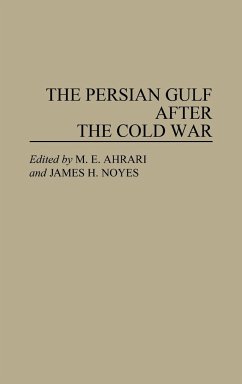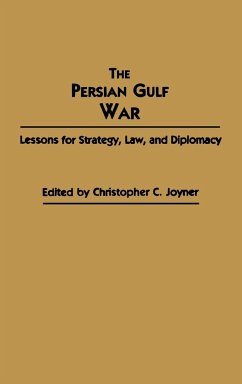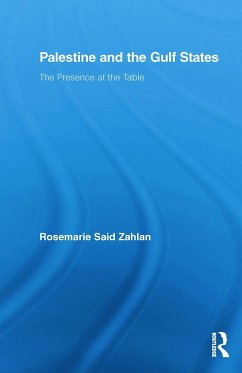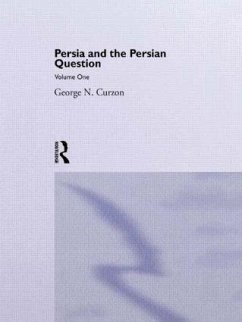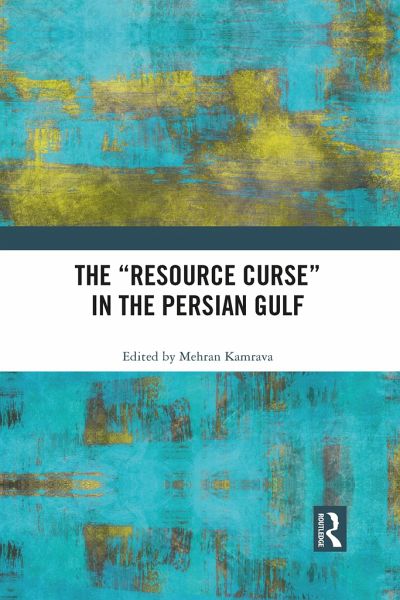
The "Resource Curse" in the Persian Gulf
Versandkostenfrei!
Versandfertig in 1-2 Wochen
54,99 €
inkl. MwSt.
Weitere Ausgaben:

PAYBACK Punkte
27 °P sammeln!
The "Resource Curse" in the Persian Gulf systematically address the little studied notion of a "resource curse" in relation to the Persian Gulf by examining the historical causes and genesis of the phenomenon and its consequences in a variety of areas, including human development, infrastructural growth, clientelism, state-building and institutional evolution, and societal and gender relations. The book explores how across the Arabian Peninsula, oil wealth began accruing to the state at a particular juncture in the state-building process, when traditional, largely informal patterns of shaikhly...
The "Resource Curse" in the Persian Gulf systematically address the little studied notion of a "resource curse" in relation to the Persian Gulf by examining the historical causes and genesis of the phenomenon and its consequences in a variety of areas, including human development, infrastructural growth, clientelism, state-building and institutional evolution, and societal and gender relations. The book explores how across the Arabian Peninsula, oil wealth began accruing to the state at a particular juncture in the state-building process, when traditional, largely informal patterns of shaikhly rule were relatively well established, but the formal institutional apparatuses of the state were not yet fully formed. The chapters show that oil wealth had a direct impact on subsequent developments in these two complementary areas. Contributors discuss how on one hand, the distribution of petrodollars enabled political elites to solidify existing patterns of rule through deepening clientelist practices and by establishing new, dependent clients; and how on the other, rent revenues gave state leaders the opportunity to establish and shape institutions in ways that solidified their political control. The "Resource Curse" in the Persian Gulf will be of great interest to scholars of Middle Eastern studies, focusing on a variety of subject areas, including human development, human resources, clientelism, infrastructural growth, institutional evolution, state-building, and societal and gender relations. This book was originally published as a special issue in the Journal of Arabian Studies.





